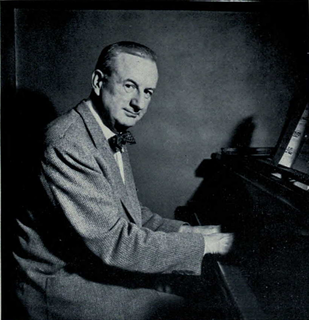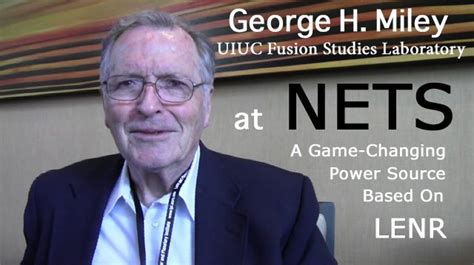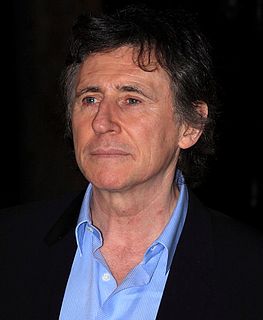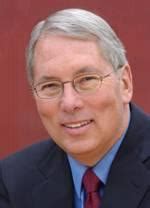A Quote by Rene Thom
Topology is precisely the mathematical discipline that allows the passage from local to global.
Quote Topics
Related Quotes
... each of the 24 modes in the Ramanujan function corresponds to a physical vibration of a string. Whenever the string executes its complex motions in space-time by splitting and recombining, a large number of highly sophisticated mathematical identities must be satisfied. These are precisely the mathematical identities discovered by Ramanujan.
The sciences do not try to explain, they hardly even try to interpret, they mainly make models. By a model is meant a mathematical construct which, with the addition of certain verbal interpretations, describes observed phenomena. The justification of such a mathematical construct is solely and precisely that it is expected to work-that is, correctly to describe phenomena from a reasonably wide area.
Anybody interested in solving, rather than profiting from, the problems of food production and distribution will see that in the long run the safest food supply is a local food supply, not a supply that is dependent on a global economy. Nations and regions within nations must be left free and should be encouraged to develop the local food economies that best suit local needs and local conditions.
If the system exhibits a structure which can be represented by a mathematical equivalent, called a mathematical model, and if the objective can be also so quantified, then some computational method may be evolved for choosing the best schedule of actions among alternatives. Such use of mathematical models is termed mathematical programming.
Also, it's not the mathematical skill that's critical to winning, it's the discipline of being able to stick to the system. There are very few people who can withstand the losses emotionally and still stick with the system. Probably only one in five hundred people has the necessary discipline to be successful.
Local brands evoke national pride, are seen as less profit-oriented, and are often formed on deep local insights. But quality worries persist, innovation is questioned, the information can be woefully inadequate, they are sometimes seen to be opaque and their advertising is clearly recognised as not being of a global standard. For local brands, quality, innovation and transparency are critical hills to climb.




































